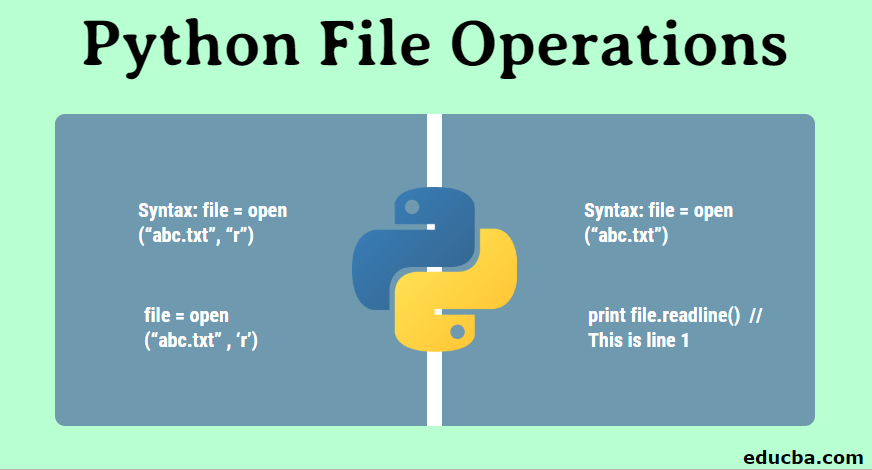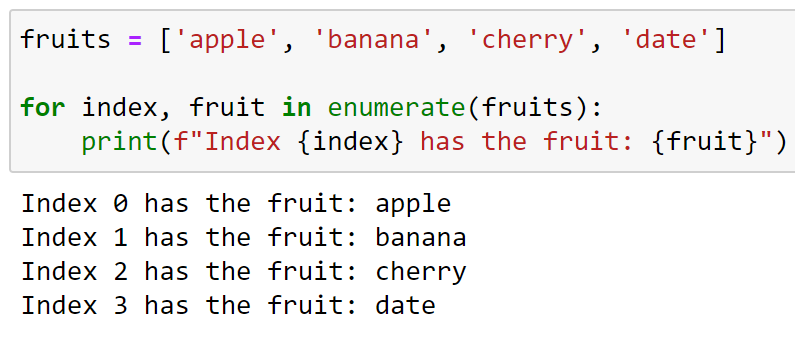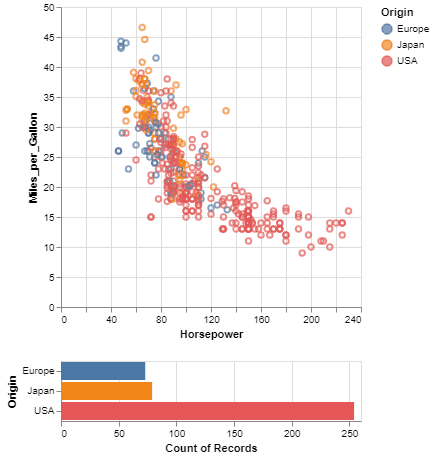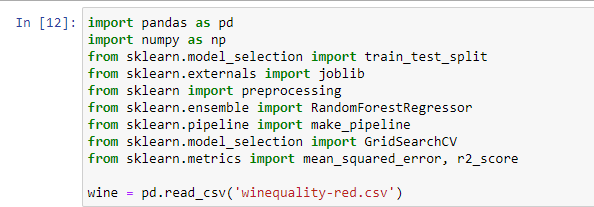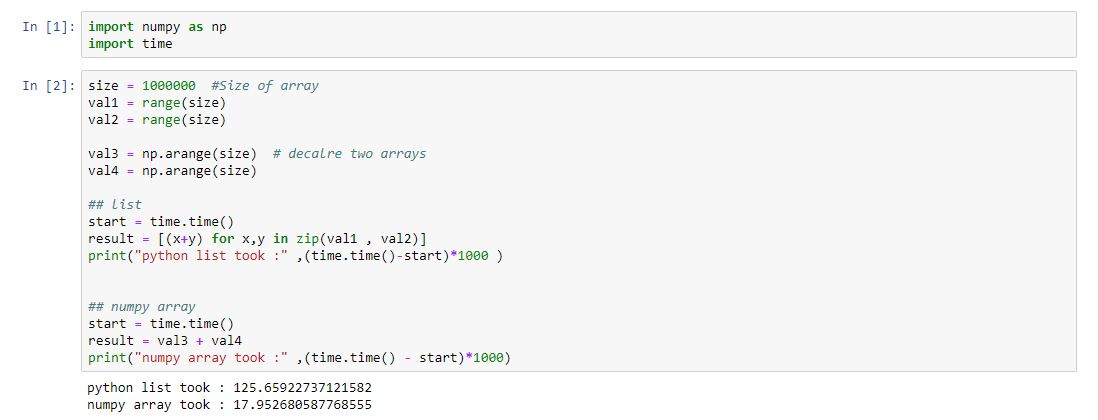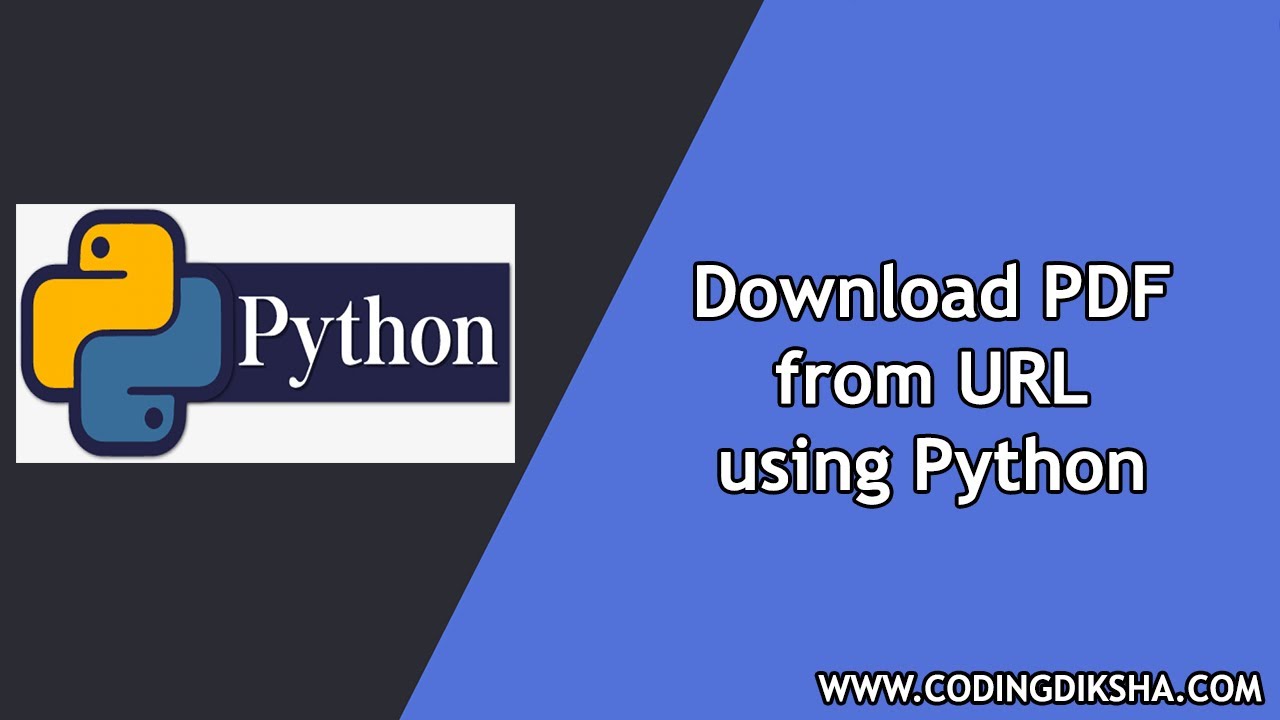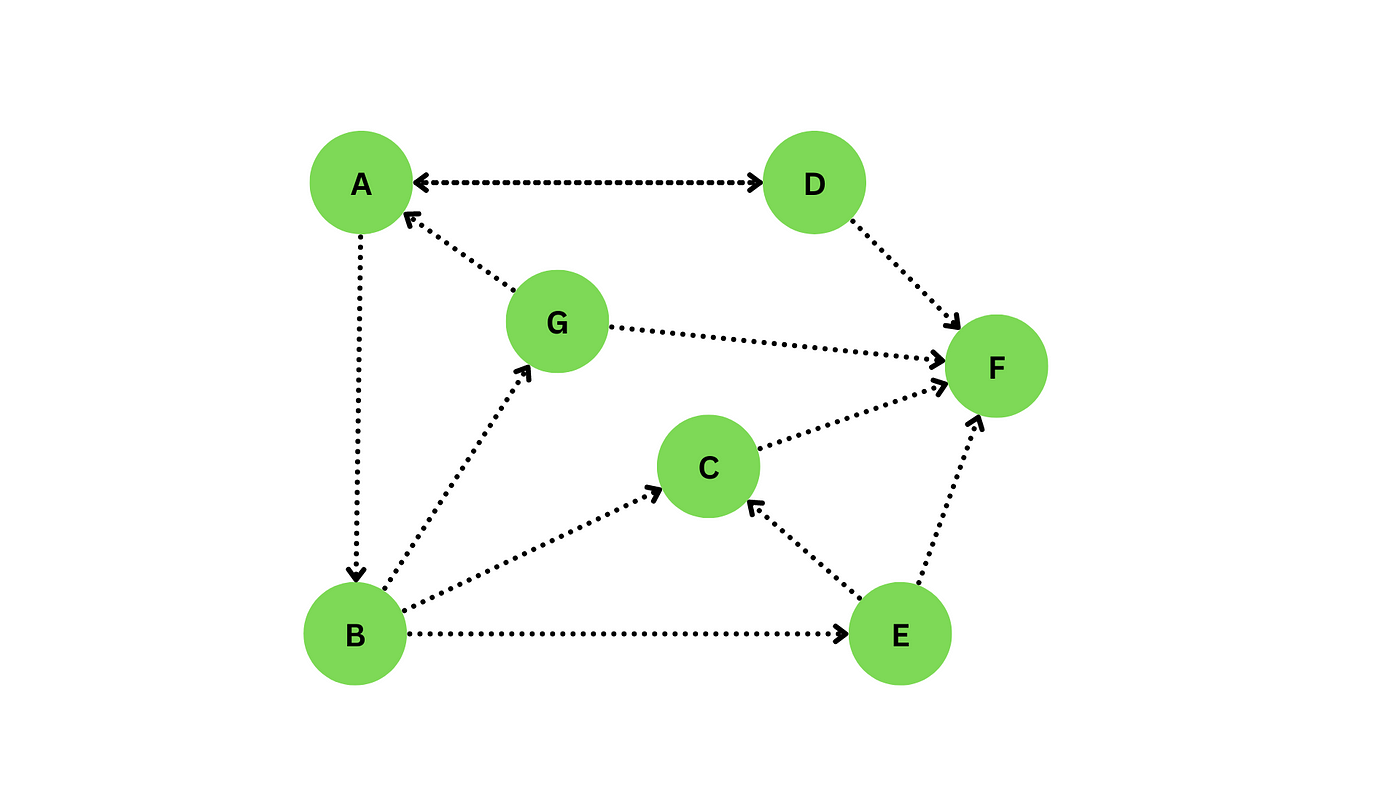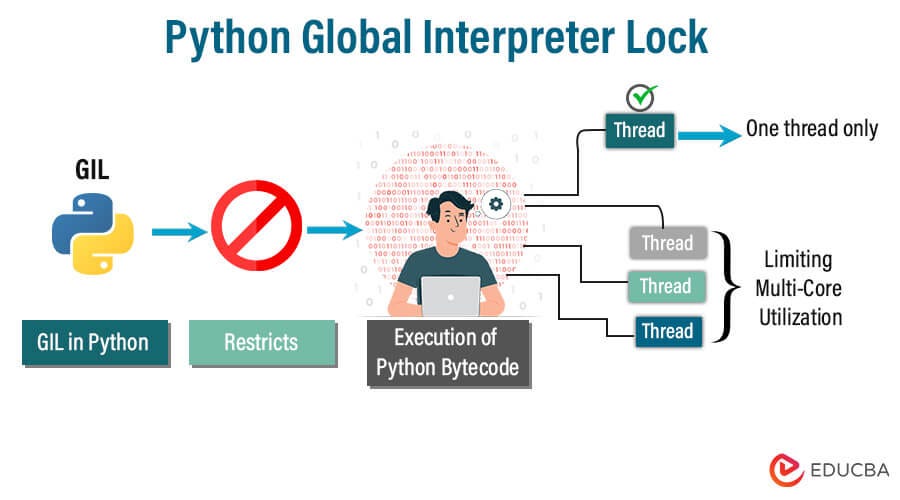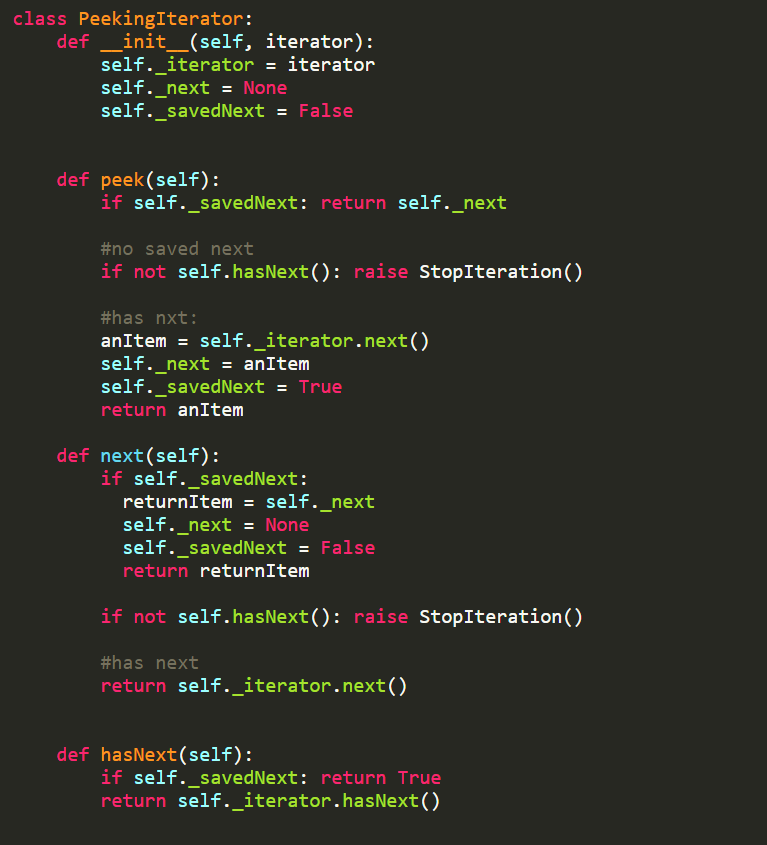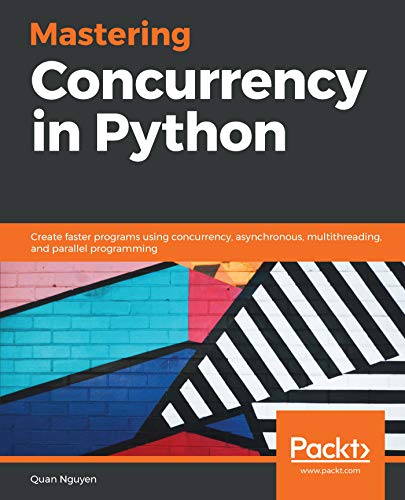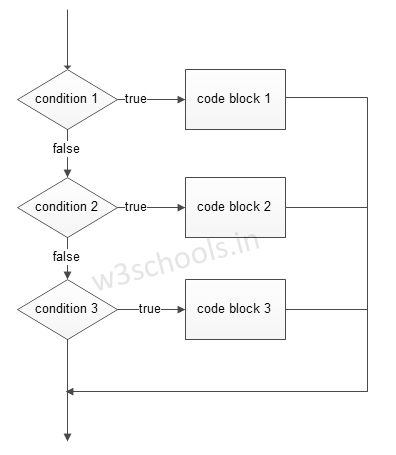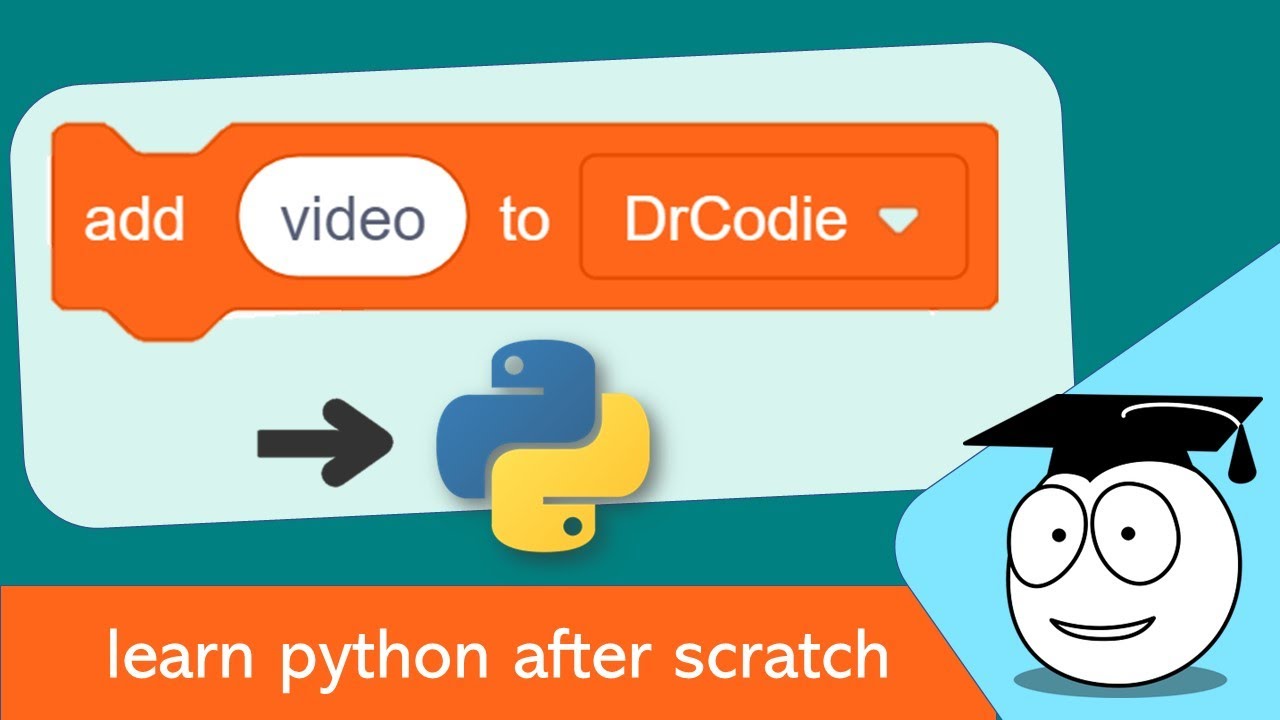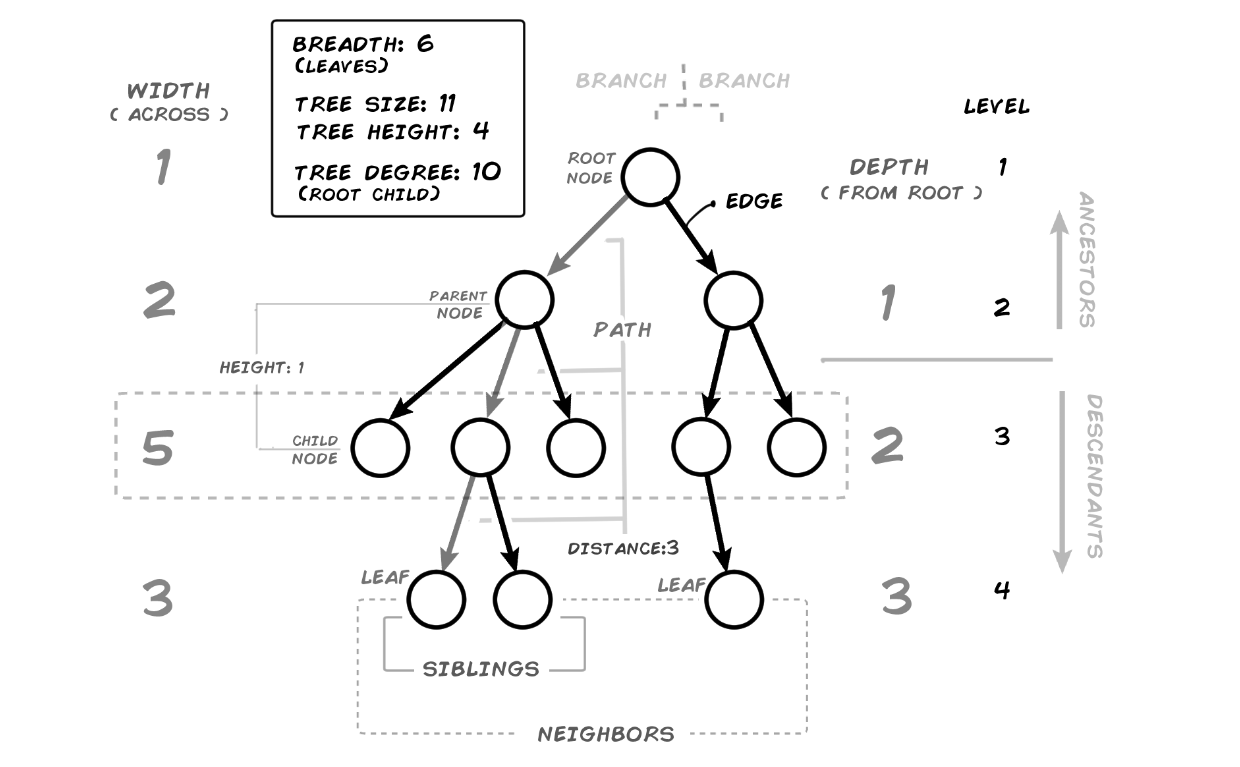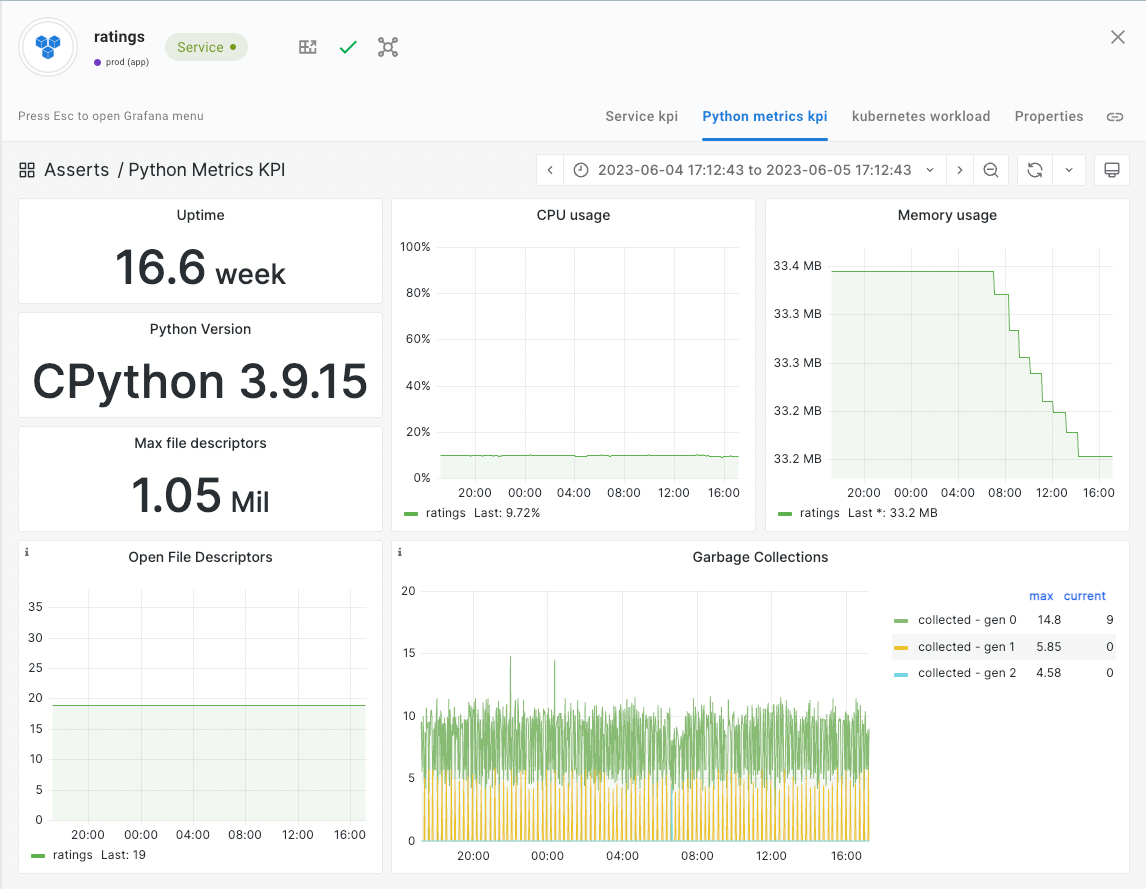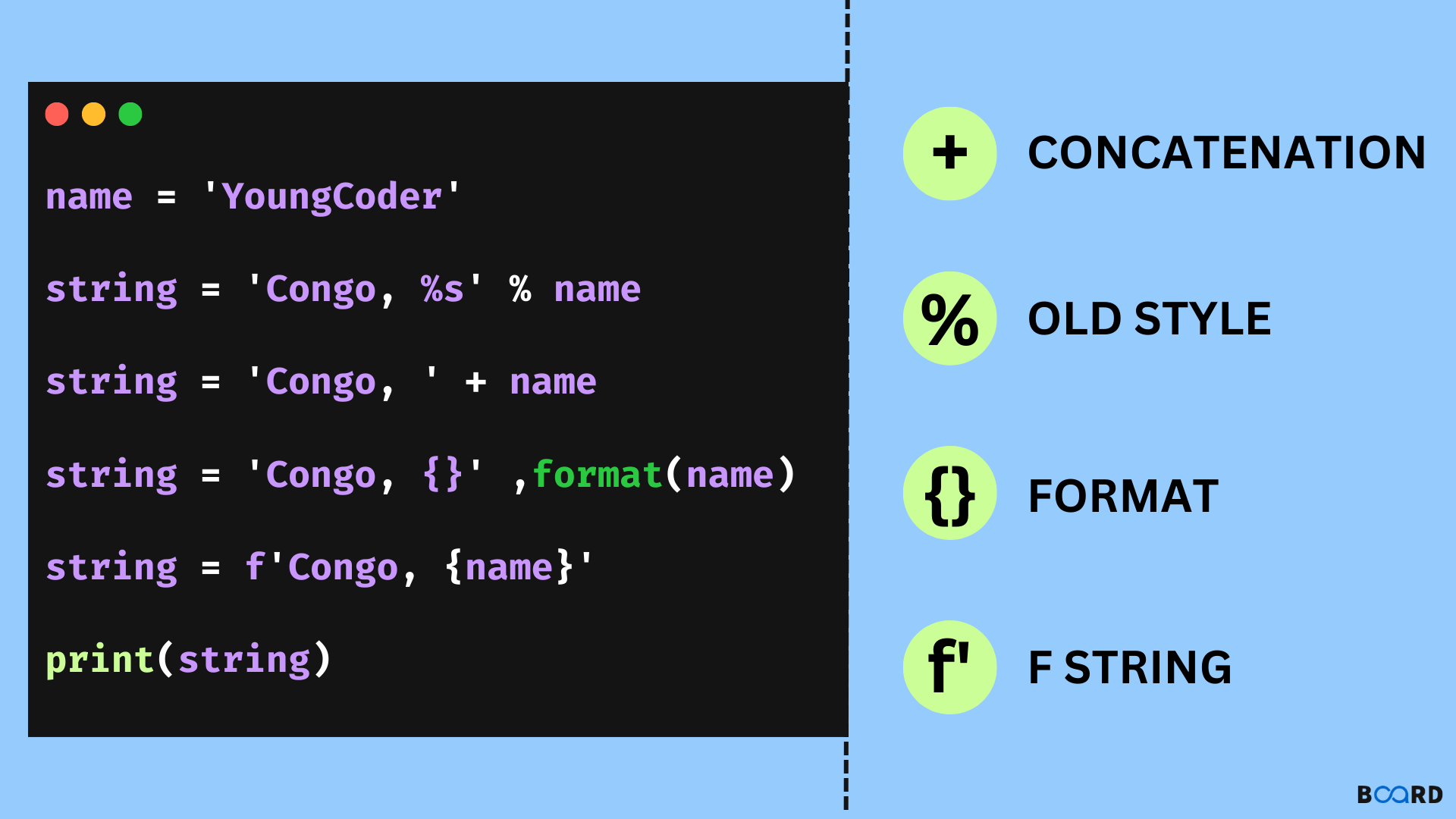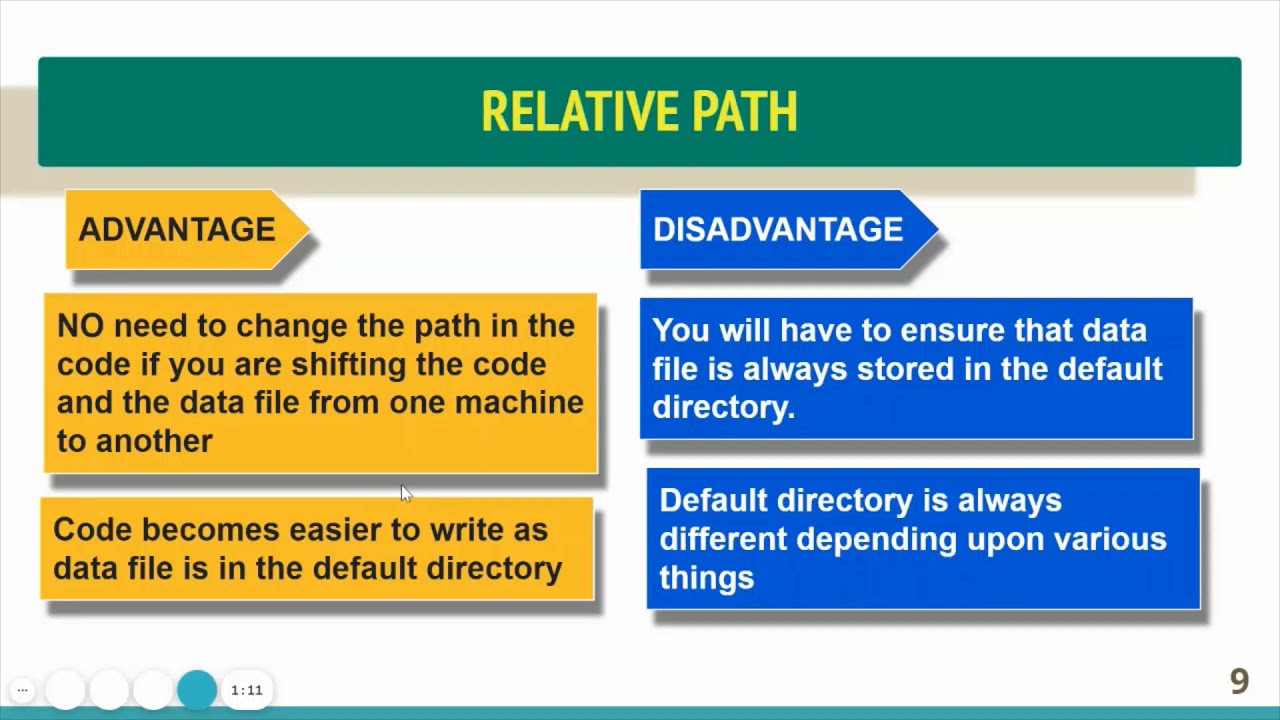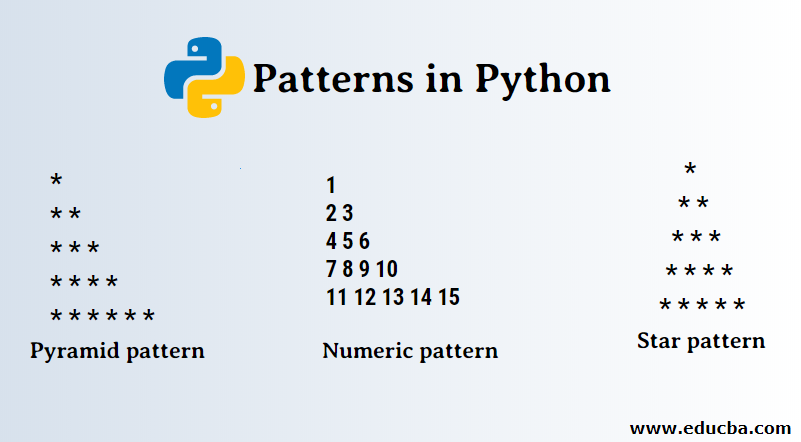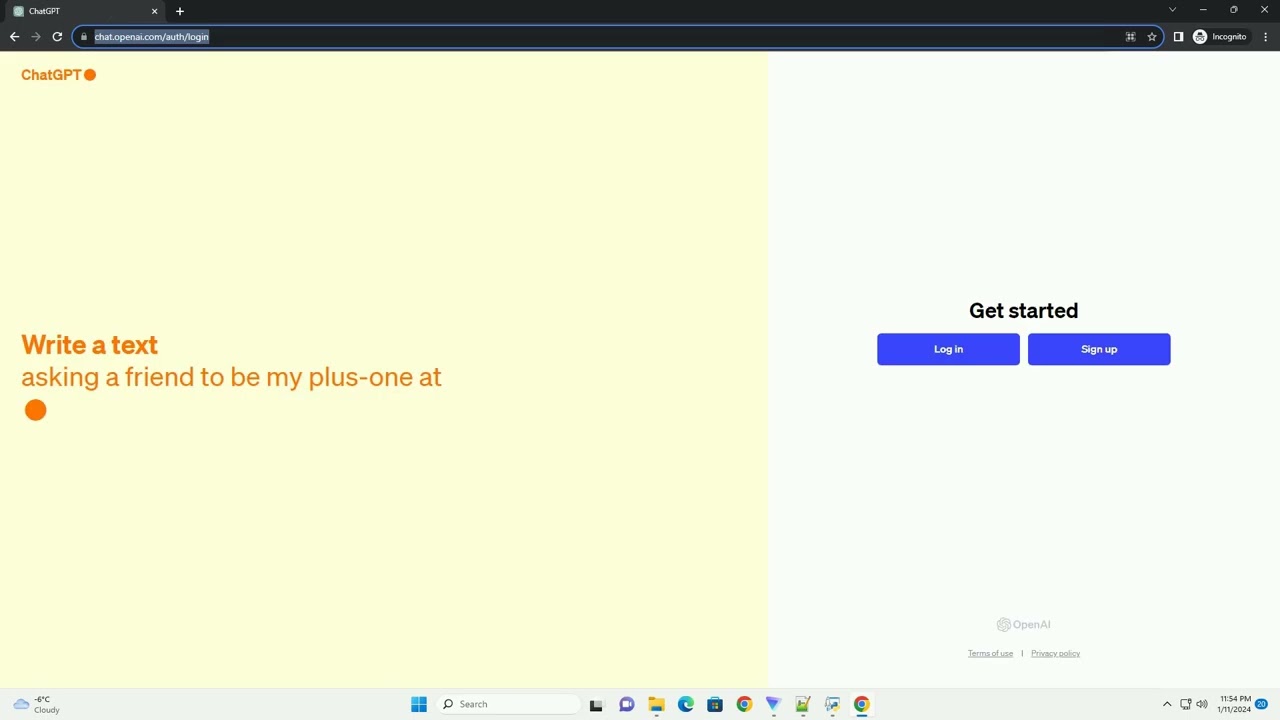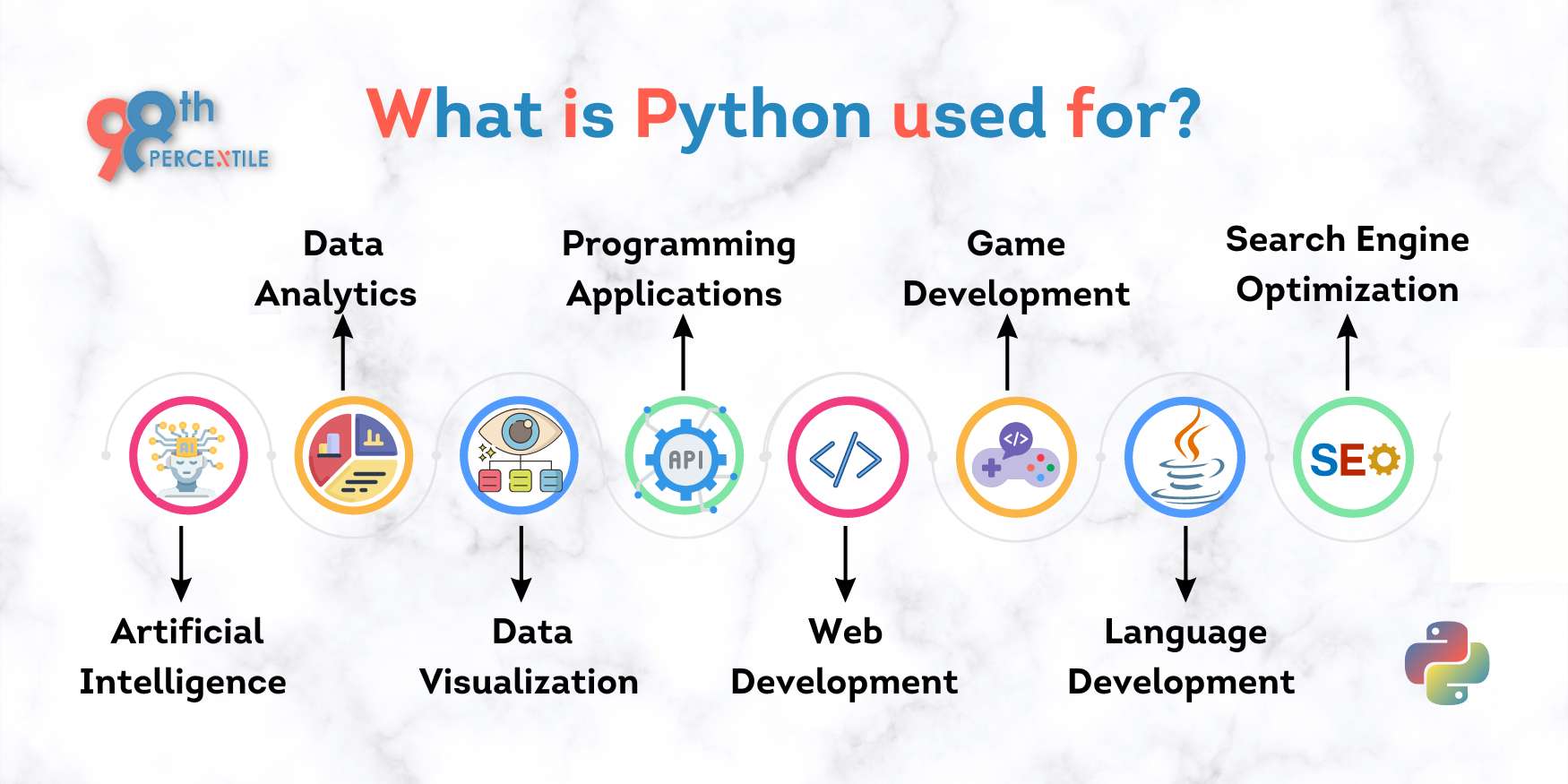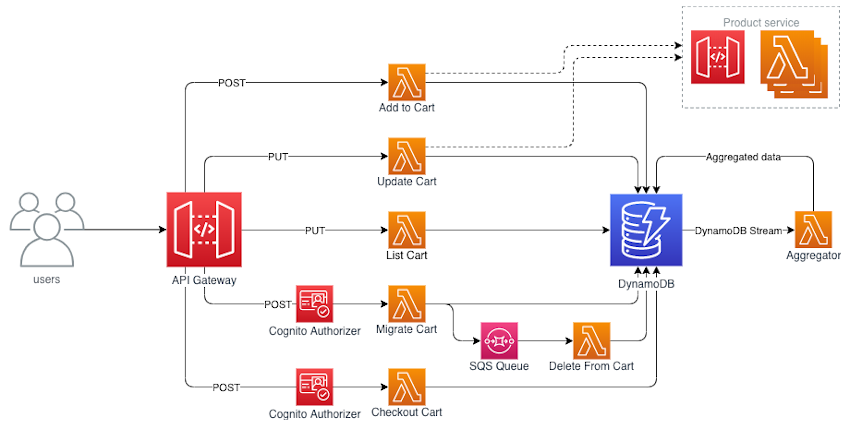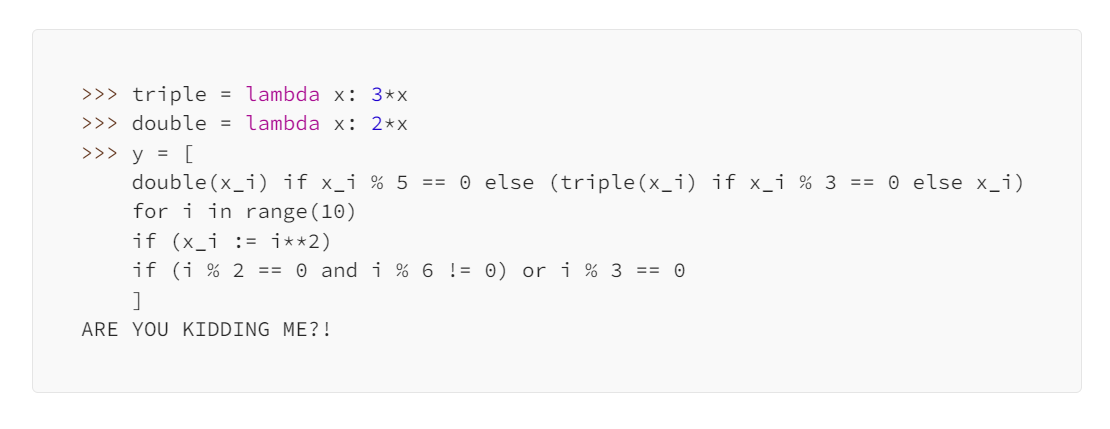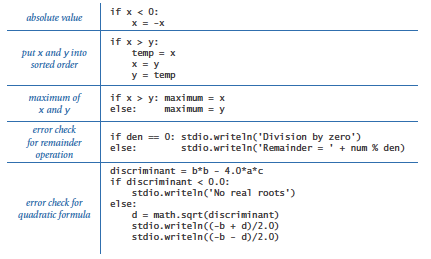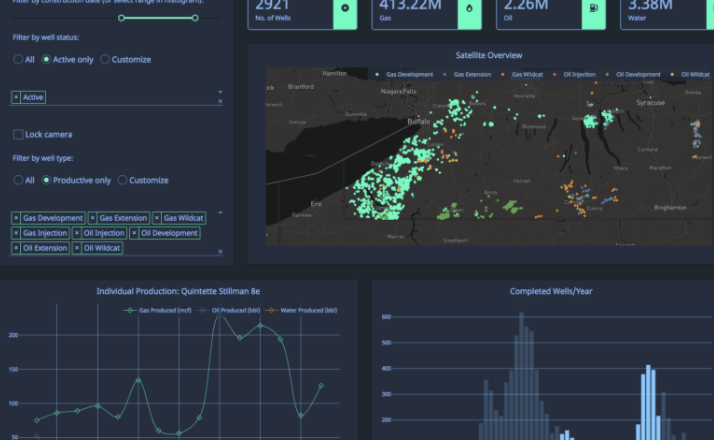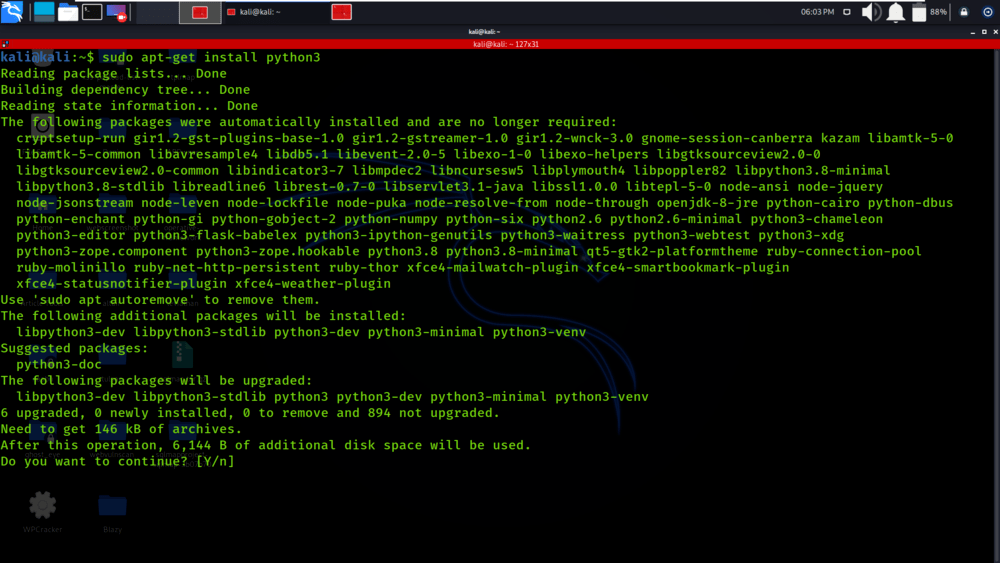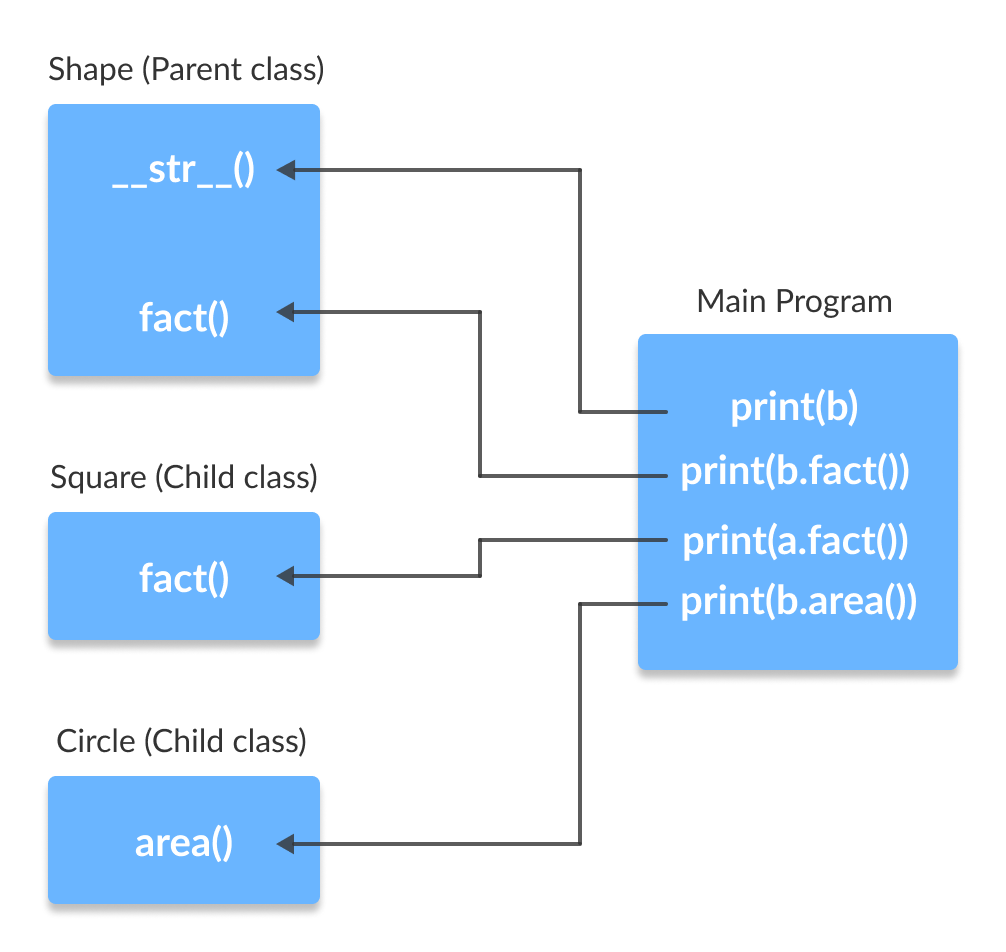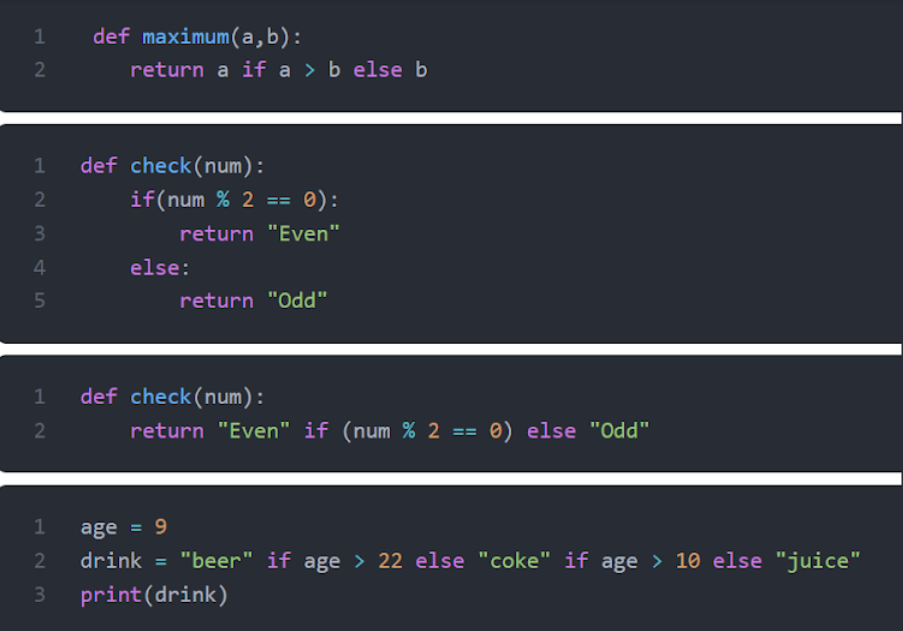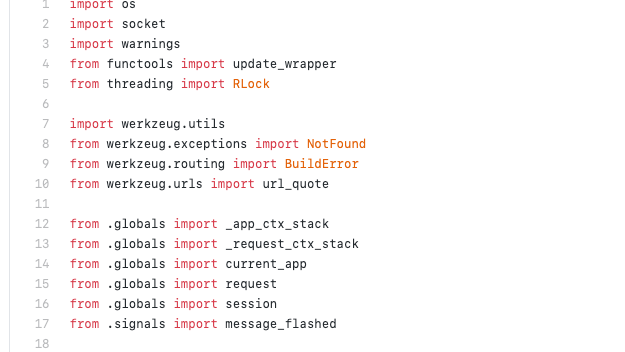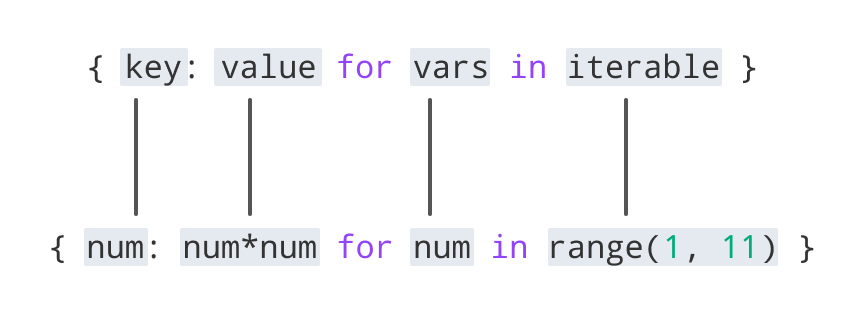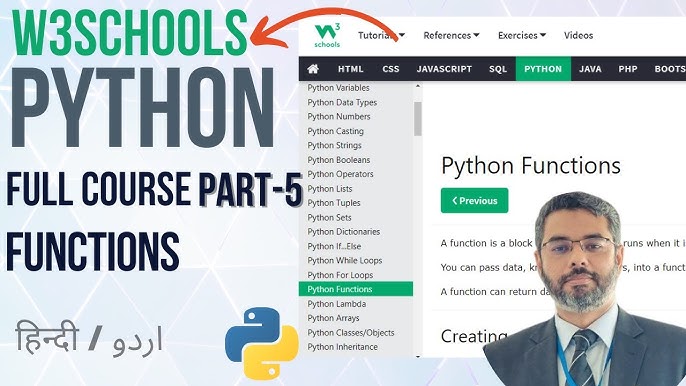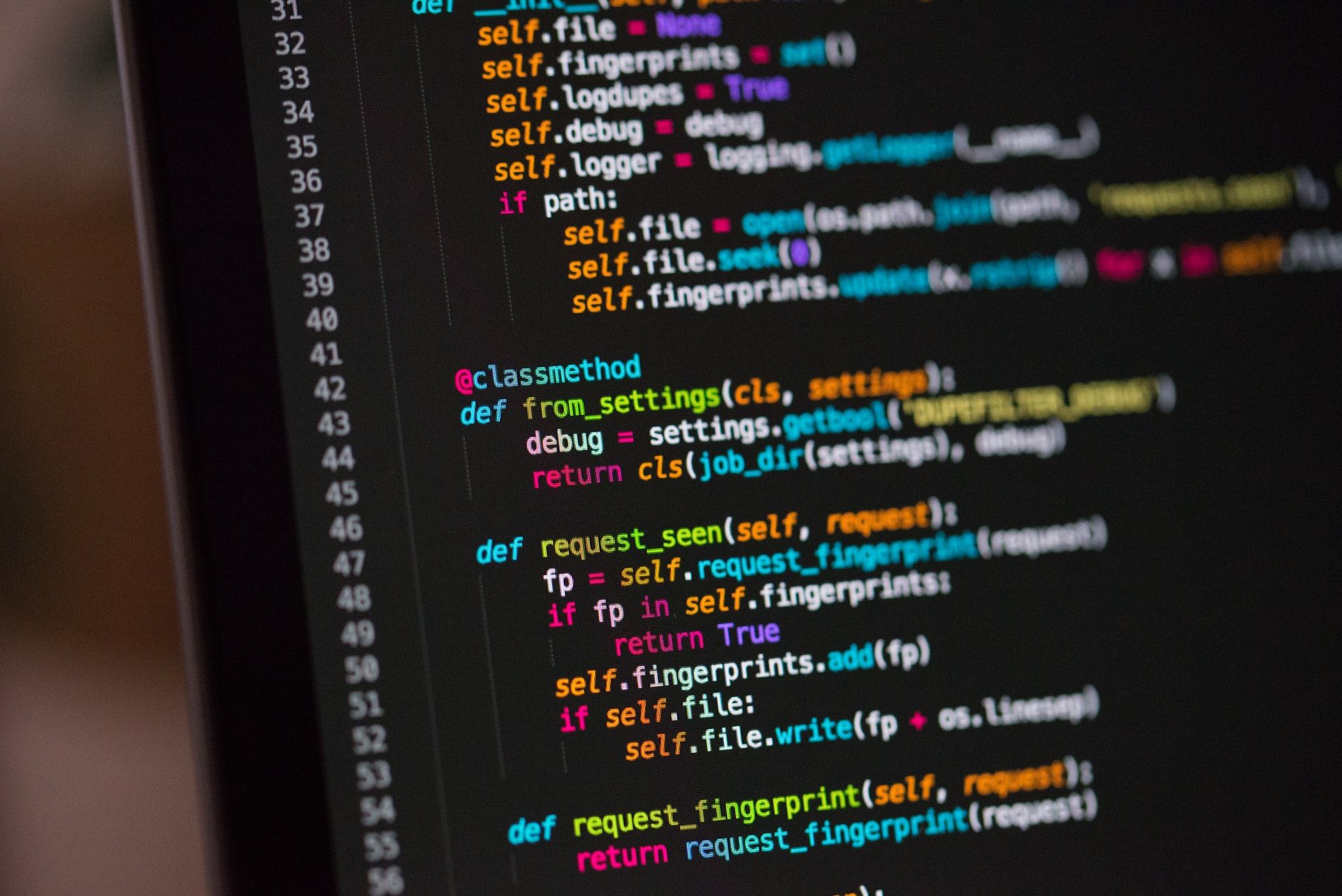How can I learn Python for free by myself?
How can I learn Python for free by myself?
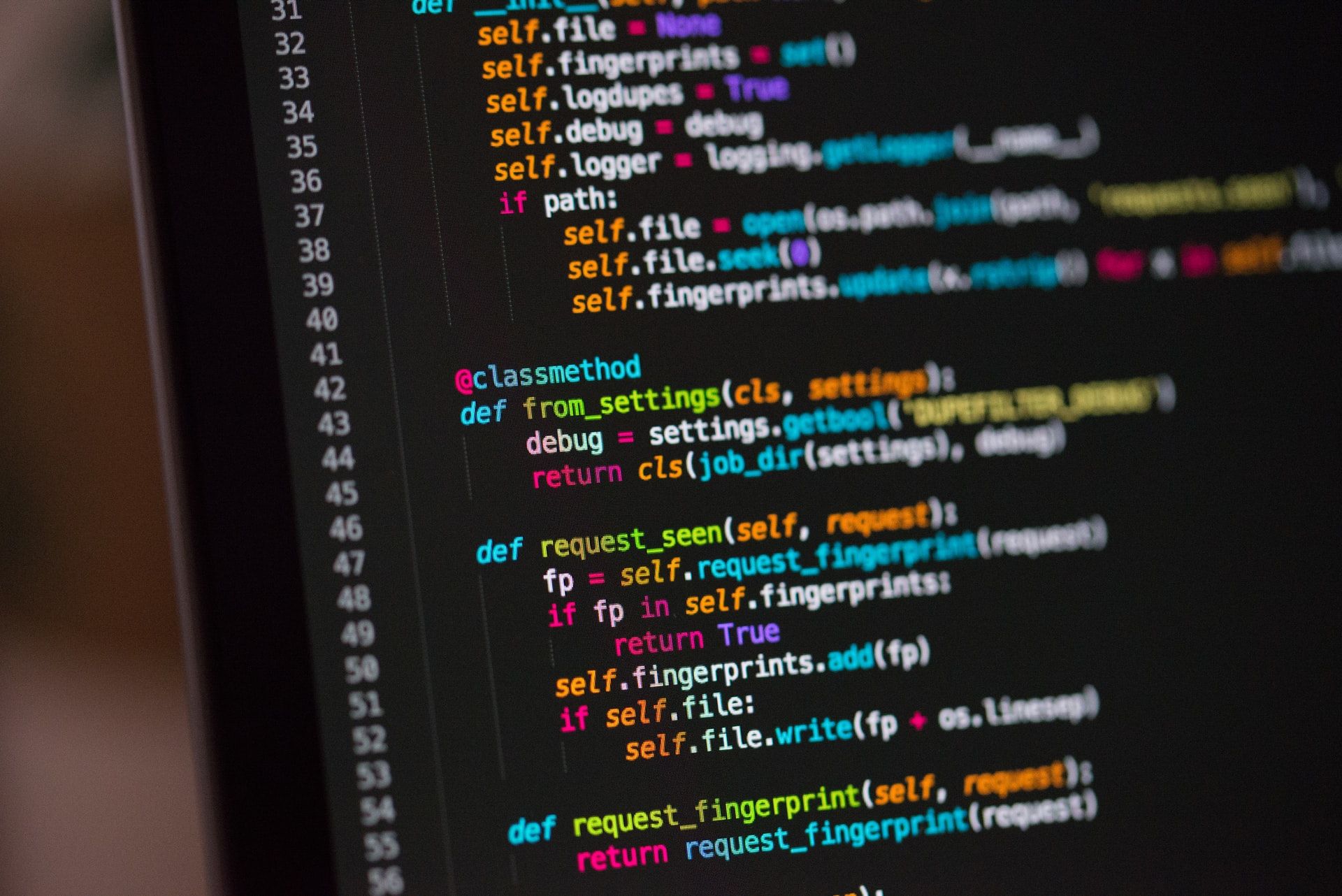
Learning Python for free and independently requires dedication, persistence, and a willingness to self-learn. However, there are numerous resources available online that can guide you through the process. Here's a step-by-step guide on how to learn Python for free by yourself:
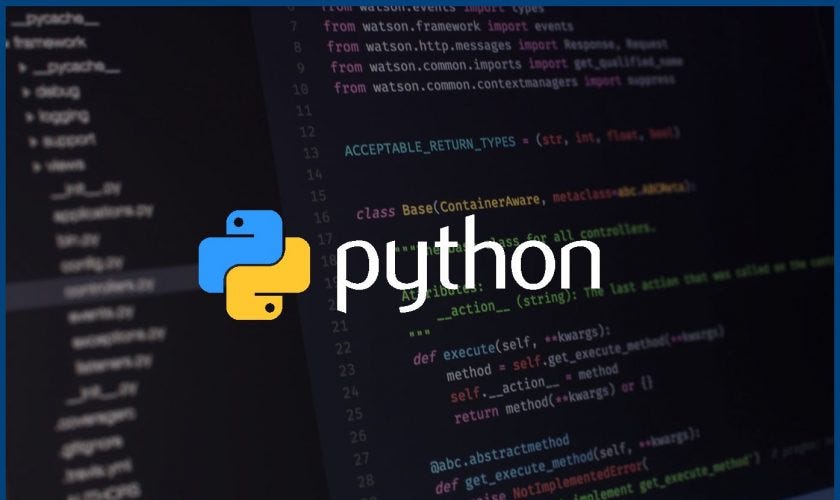
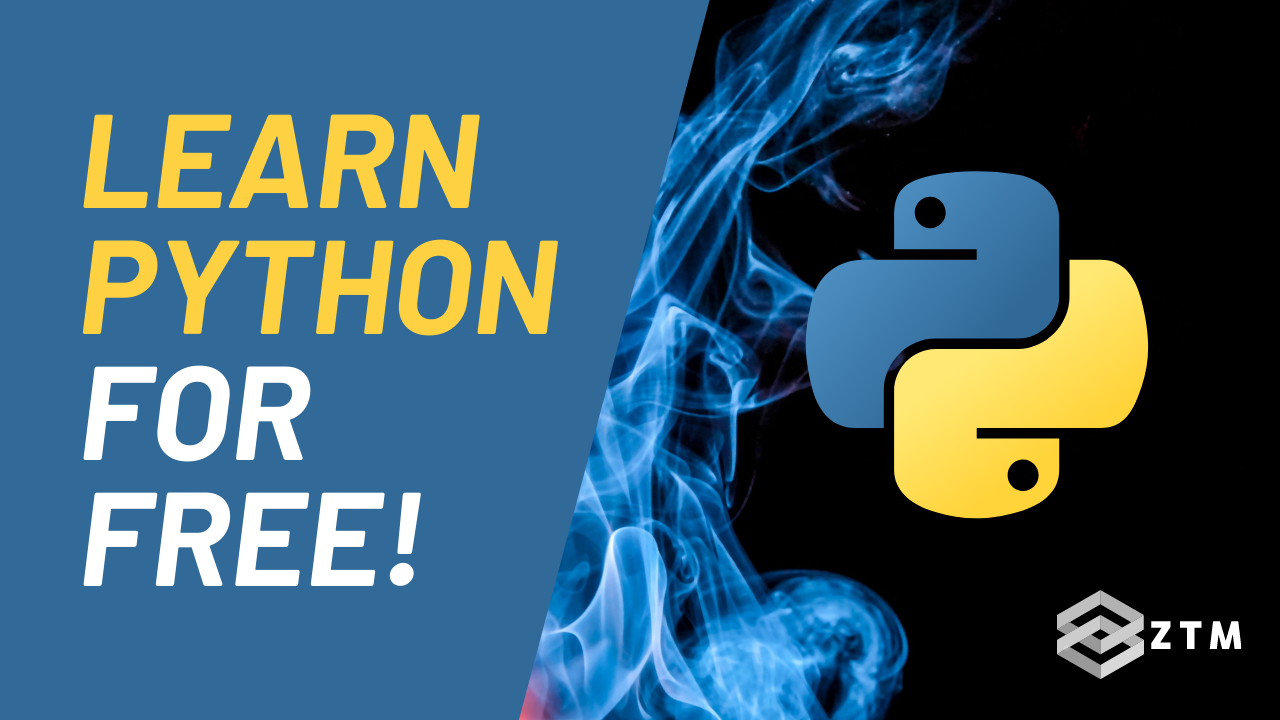
Websites like Codecademy (codecademy.com), FreeCodeCamp (freecodecamp.org), and edX (edx.org) offer interactive coding lessons to get you started.
Find free resources: There are plenty of free resources available online that can help you learn Python: Python.org: The official Python website has a section dedicated to tutorials, guides, and documentation for beginners. W3Schools: This website provides detailed tutorials on various programming topics, including Python. Google: Search for "Python tutorial" or "learn Python online," and you'll find numerous free resources. Practice with exercises: Once you have a basic understanding of the syntax, start practicing with exercises: Project Euler: This website offers a series of mathematical and computational programming problems that can be solved using Python. LeetCode: This platform has a vast collection of coding challenges in various programming languages, including Python. Join online communities: Engage with other learners and developers by joining online forums and social media groups: Reddit: Subscribe to the r/learnpython and r/Python subreddits for discussions on Python and related topics. Stack Overflow: This Q&A platform has a dedicated section for Python questions and answers. Use visual aids: Visualize your learning process with diagrams, flowcharts, or graphs: Draw.io: Create interactive diagrams and mind maps to visualize complex concepts. Graphviz: Use this tool to create graphical representations of your code. Participate in coding challenges: Join coding challenges and hackathons to apply what you've learned and gain hands-on experience: HackerRank: This platform offers various programming challenges, including Python ones. Codewars: Participate in coding katas to improve your skills. Read others' code: Learn from experienced developers by reading and analyzing their code: GitHub: Explore open-source projects on GitHub to learn how professionals structure their code. Python.org: Read the official Python documentation, which includes examples of best practices and coding standards. Write your own code: Apply what you've learned by writing your own scripts: Start small: Begin with simple scripts like calculators or games. Gradually increase complexity: Move on to more complex projects once you feel comfortable with the basics. Reflect and adjust: Regularly reflect on what you've learned, identifying areas where you need improvement: Make a list: Record topics or concepts you're struggling with or want to revisit. Adjust your approach: Modify your learning strategy if you find certain methods aren't working for you.By following these steps and staying committed, you can learn Python for free by yourself. Remember that self-learning requires patience, persistence, and practice – don't be discouraged by setbacks, as they are a natural part of the learning process.
Python Basics: A Practical Introduction to Python 3 PDF
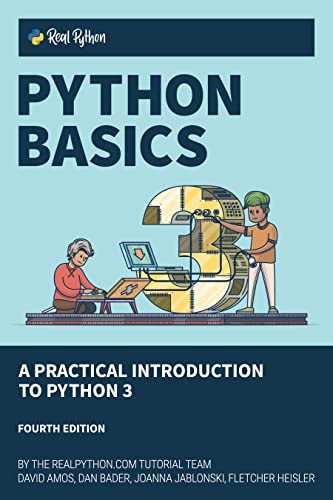
I'd be happy to provide you with a summary of the book "Python Basics: A Practical Introduction to Python 3" in English.
Book Overview
"Python Basics: A Practical Introduction to Python 3" is an introductory guide to Python programming that focuses on practical skills and hands-on experience. The book targets beginners who want to learn Python 3, and it's designed for individuals with little or no prior programming experience.
The authors, Wolfgang Fenner and Hans-Georg Merkens, are experienced programmers and instructors who have successfully taught Python to students of all levels. Their approach emphasizes a step-by-step learning process, making it easy for readers to grasp the concepts and build their own projects.
Book Content
The book is divided into 14 chapters that cover the fundamentals of Python programming, including:
Introduction to Python: An overview of the language, its features, and its applications. Basic Syntax: A review of basic syntax elements, such as variables, data types, operators, and control structures. Data Structures: Introduction to lists, dictionaries, sets, and other built-in data structures in Python. Functions: How to define and use functions in Python, including lambda functions and recursive functions. Modules: How to create, import, and use modules in Python. File Input/Output: Working with files, including reading and writing text and binary files. Debugging: Techniques for debugging Python code, such as print statements, the pdb module, and error handling. Object-Oriented Programming (OOP): Introduction to OOP concepts, such as classes, objects, inheritance, and polymorphism. Working with Dates and Times: How to work with dates and times in Python using various libraries. Regular Expressions: An introduction to regular expressions and how they can be used in Python. Networking: A brief introduction to networking basics and working with sockets in Python. GUI Programming: A primer on building graphical user interfaces (GUIs) using the Tkinter library. Data Analysis: How to perform data analysis using popular libraries like Pandas, NumPy, and Matplotlib. Final Project: A comprehensive project that integrates many of the concepts learned throughout the book.Target Audience
This book is designed for:
Beginners who want to learn Python 3 Non-programmers who want to get started with programming Educators or instructors looking for a practical introduction to PythonWhy You Should Read This Book
If you're new to programming or want to improve your Python skills, this book is an excellent resource. It provides a gentle learning curve, and the authors' emphasis on practical applications makes it easy to grasp the concepts and build your own projects.
Overall, "Python Basics: A Practical Introduction to Python 3" offers a comprehensive introduction to Python programming that's perfect for beginners or those looking to refresh their skills.
Would you like me to provide more information about this book?
